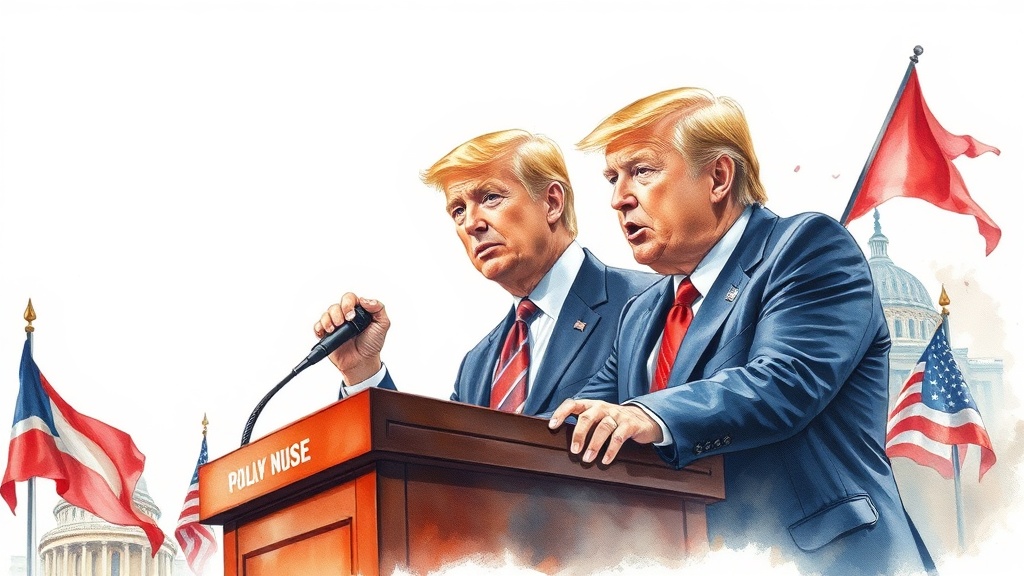Local Elections Matter: How to Influence City, County, and School Board Decisions
Local elections shape daily life more than national headlines do. City councils, school boards, county commissions and municipal ballot measures determine policing practices, zoning rules, school curricula, public transit investments and property taxes. Yet these races typically attract far fewer voters and much less media attention. That gap gives organized interests outsized influence — and it creates opportunity for citizens who show up.
Why local politics matter
Local officials make dozens of decisions that directly affect neighborhoods: whether affordable housing can be built, how police are trained and held accountable, what gets paved or preserved, how emergency services are funded, and how public health responses are managed.
Many policy innovations start at the local level and spread upward. When citizens engage in neighborhood meetings, public comment periods and municipal elections, they shape the day-to-day governance that people experience most tangibly.
Why turnout is low — and why that matters
Turnout in local contests is often low because media coverage is thin and voters are unsure where to find reliable information. Lower turnout benefits well-organized groups that can mobilize a small but motivated base. That dynamic explains why narrowly targeted campaigns and ballot initiatives can succeed even when they don’t reflect broader public preferences. Raising awareness and simplifying pathways to participation can rebalance influence and produce policies that reflect wider community interests.
How to make local politics more accessible
– Start with reliable sources: Your city or county election office is the authoritative place to confirm candidates, polling locations and ballot language.
Local public libraries and community centers often host candidate forums and informational sessions.
– Attend meetings: City council and school board meetings are public and increasingly livestreamed.
Listening and offering public comment connects residents to decision-makers and elevates community priorities.
– Focus on issue-based coalitions: Neighborly networks, civic associations and nonprofit coalitions can amplify ordinary voices. Joining or forming an issue group helps translate personal concerns into organized advocacy.
– Volunteer or run: Campaign volunteers and local officeholders often come from the same neighborhoods they represent.
Serving as a volunteer or filing to run is a practical way to influence policies and priorities.
– Watch ballot measures closely: Ballot language can be technical. Civic organizations and nonpartisan explainers help translate what measures mean for taxes, land use and public services.
The role of transparency and information
Transparency reduces the power of money and misinformation. Local governments can improve transparency by making meeting agendas, budget documents and campaign contributions easy to find and understand. Meanwhile, community media and independent watchdogs play an important role in explaining the stakes of local decisions and tracking conflicts of interest.
Why the national conversation should care
National trends are shaped by local choices. Policies tested in municipalities and counties often inform state and federal debates. When local democracy functions well — with informed voters, accessible processes and accountable officials — it strengthens broader governance. Conversely, when local systems are dominated by special interests or misinformation, the consequences ripple upward.

Practical next steps for civic-minded people
Learn how the local government works where you live, sign up for municipal newsletters, attend one meeting and bring a neighbor, and look for nonpartisan guides to ballot measures. Small, consistent actions expand civic participation and produce tangible improvements in everyday life.
Local politics may not always make headlines, but they govern the routines that matter most. Engaging at that level is one of the most effective ways to influence public policy and strengthen democratic accountability.